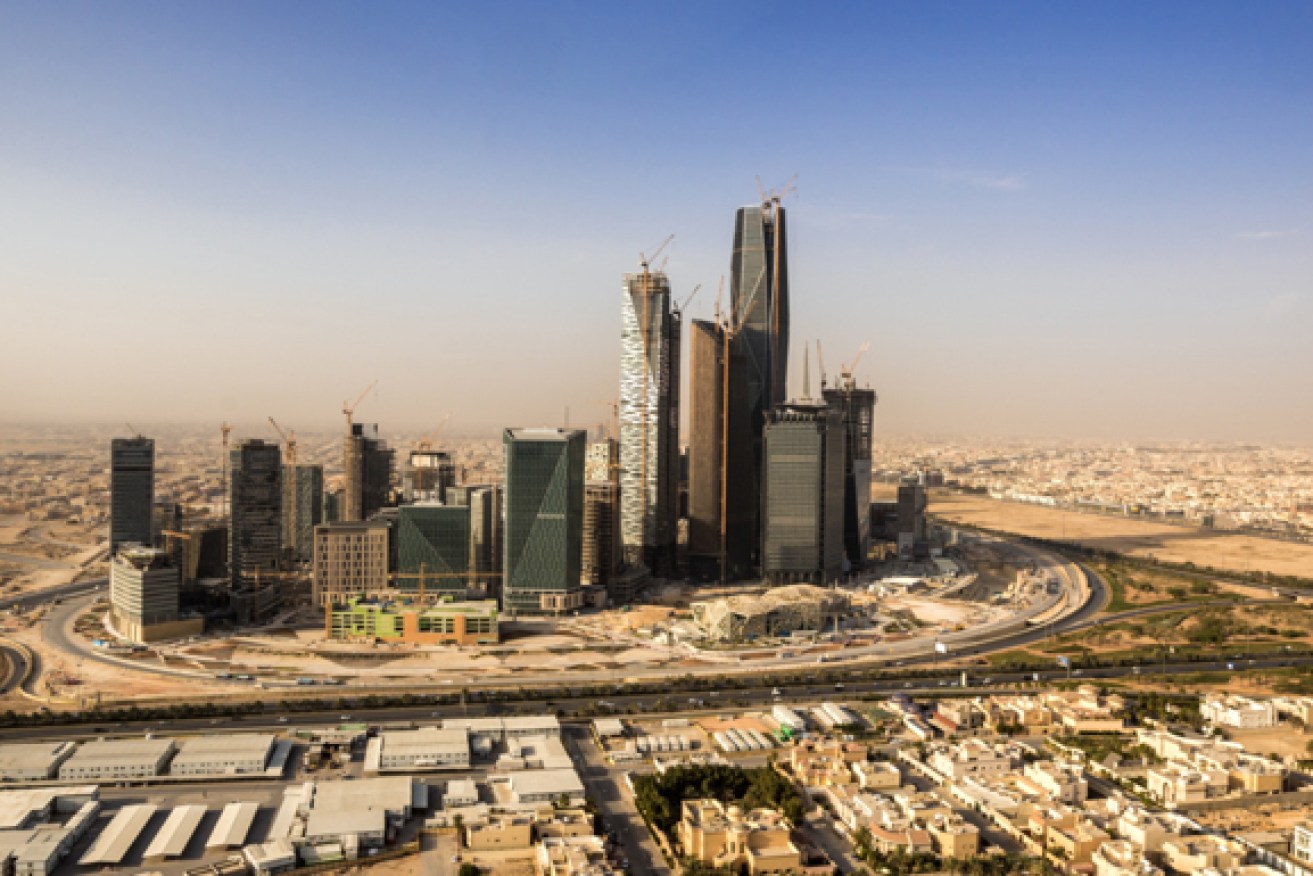Saudi Arabia’s huge budget deficit


Getty
Saudi Arabia has announced it will raise domestic petrol prices by more than 50 per cent for some products as it slashes subsidies to fight a record budget deficit.
The Finance Ministry released the 2016 budget on Tuesday morning (AEDT), revealing a deficit of 367 billion riyals ($A134.47 billion) or 15 per cent of gross domestic product in 2015, the highest in the history of the Saudi Arabian kingdom.
“Our economy has the potential to meet challenges,” King Salman assured his subjects in a speech following the budget’s release. He promised to diversify the kingdom’s revenues beyond oil, which currently accounts for 90 per cent of the government’s income.
• Your neighbours can make you wealthy
• Almost 600 corporations paid no tax in 2013-14
• How the Fed rate hike feeds into your mortgage
The Saudis plan to shrink the deficit to 326 billion riyals by slashing subsidies for petrol, electricity, water, diesel and kerosene, the budget papers revealed. Such subsidies are a highly sensitive issue in Saudi Arabia, where residents have grown accustomed to low utility and fuel costs.
The budget also contained spending cuts of 135 billion riyals, a drive to raise revenues from taxes and privatisation and promises to make government projects more efficient.
The plan suggests the kingdom is not counting on a major recovery of oil prices any time soon, but is instead preparing for years of cheap oil.
The dive in oil price is largely due to Saudi Arabia’s own policies and those of other nations part of the Organisation of the Petroleum Exporting Countries (OPEC), who are refusing to cut oil production as they seek to drive less competitive players, including US shale producers, out of the market.
The International Monetary Fund warned in October that Riyadh would run out of money within five years if it did not tighten its belt.
Revenues next year are forecast at 514 billion riyals, down from 608 billion riyals in 2015, when oil revenues accounted for 73 per cent of the total. The Brent oil price averaged about $US54 ($A74) a barrel this year but is now around $US37.
The success or failure of the budget plan will be key to maintaining the confidence of financial markets in the capital Riyadh.
As the deficit has swelled, the riyal has dropped in the forwards market to its lowest since 1999 because of fears it may eventually be unpegged from the US dollar.
-with AAP and ABC








